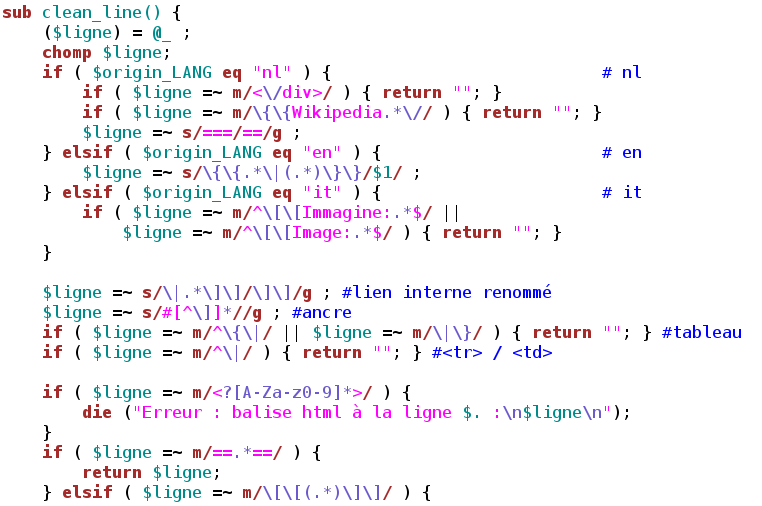
To match only specific words when matching across multiple lines you can use regular expression tools to match one words. This means that simply typing in fail will also match failure. It is important to know that the “strings” following the grep command will match the document based on the rules of regular expression. Alternatively, tools such as awk or sed will start from the first instance of from but finish at the first instance of to. This will likely affect the output you expected, especially when there may be multiple instances of from or to in your document. When using grep across multiple lines it is important to be aware that the command will get both the first instance of the from word and will get everything up until the last instance of the to word. Grep for single line to the final word in another lineĬommon “gotchas” when using grep across multiple lines grep will use the first and last instances of the words If you want to simply print out file names that have lines that have matches with the regular expression then you can alter the -o flag to -l which will list all matching file names. * will match everything, including new lines, up until to because of the addition of (?s) into the regular expression. (?s) activate PCRE_DOTALL which means that “.” finds any character or a new line.The complication however is that will also add a trailing zero byte character which can cause additional problems. -o prints only the matching strings as otherwise the entire file will be printed.

For example, grep -lZ outputs a zero byte after each file name instead of.

#GREP PERL EXAMPLE PRINT MANUAL#
Essentially this allows grep to treat the file as a whole line as opposed to multiple lines GREP(1) General Commands Manual GREP(1) NAME grep, egrep, fgrep - print lines.


 0 kommentar(er)
0 kommentar(er)
